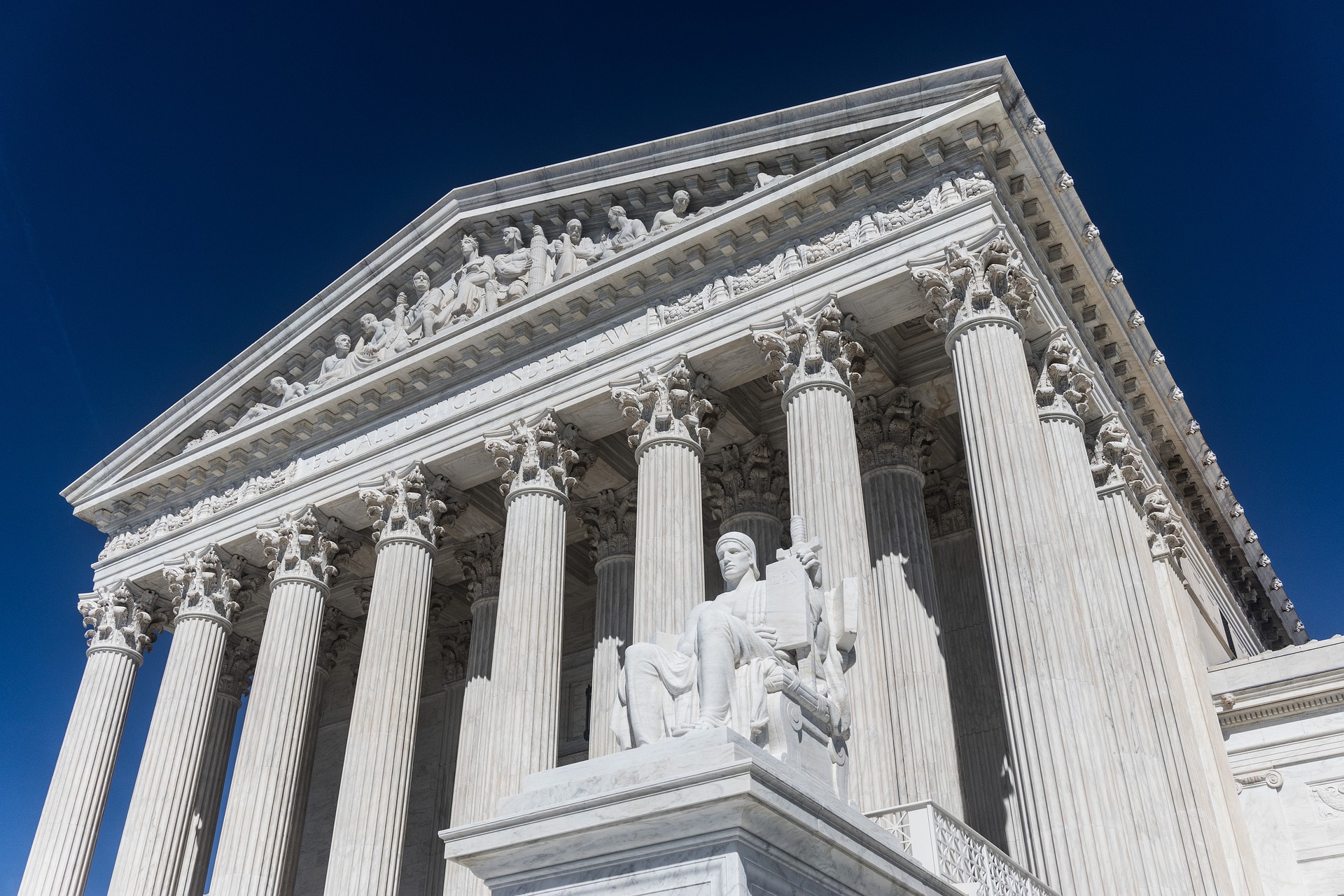Cybersecurity Legislation: A Balancing Act Between National Security and Digital Freedom
The digital age has unquestionably revolutionized our society, bringing numerous benefits and conveniences. However, with these advancements come significant challenges, particularly in terms of cybersecurity. This article will delve into the intricacies of cybersecurity legislation, its historical context, recent developments, and societal implications.

The Genesis of Cybersecurity Legislation
The emergence of the internet in the late 20th century swiftly led to a transformation of global communications and information exchange. However, it also exposed a new frontier for crime, espionage, and other illicit activities. Recognizing the need for legal measures to combat these threats, governments across the world began crafting laws to protect their digital landscapes.
The United States, for instance, passed the Computer Fraud and Abuse Act (CFAA) in 1986, making it a federal crime to access a computer without authorization. Despite its early enactment, the CFAA has been continually amended to keep pace with the rapid evolution of technology.
A Contemporary Legal Landscape: The Cybersecurity Act of 2015
Fast forward to the present day, and the legal framework has significantly evolved. The Cybersecurity Act of 2015, for example, was a landmark piece of legislation in the U.S. This act encouraged private entities to share cyber threat information with the government, with provisions to protect them from liability. The objective was to foster a cooperative environment, promoting the collective defense against cyber threats.
Balancing National Security and Digital Freedom
While such legislation is indispensable for national security, it also raises concerns about privacy and digital freedom. For instance, critics of the Cybersecurity Act argue that it allows the government excessive access to private data, potentially infringing on civil liberties.
These concerns are not unwarranted. The Snowden revelations in 2013, which exposed the extensive global surveillance programs run by the National Security Agency (NSA), fueled public apprehension about government intrusion into digital privacy.
The Societal Impact of Cybersecurity Legislation
The societal implications of cybersecurity legislation are complex and multifaceted. On one hand, robust laws are necessary to protect against cybercrime and potential threats to national security. On the other hand, these laws must be carefully calibrated not to infringe on individual privacy rights and digital freedom.
This delicate balance is a recurring theme in public policy discussions, highlighting the need for continuous dialogue and legislative refinement.
Looking Ahead: The Future of Cybersecurity Legislation
As technology continues to evolve, so too must the laws governing its use. Cybersecurity legislation remains a dynamic field, one characterized by ongoing modification to address emerging threats and challenges.
However, as lawmakers strive to enhance national security, they must also ensure the preservation of digital freedom. This balancing act is no easy task, but it is a crucial one for our increasingly interconnected world.
In conclusion, cybersecurity legislation is a critical component of our digital age. With its history rooted in the earliest days of the internet, it continues to evolve in response to the ever-changing landscape of technology and cyber threats. While the task of balancing national security with digital freedom is complex, it is an essential challenge we must face for the preservation of our democratic values and the rule of law.




